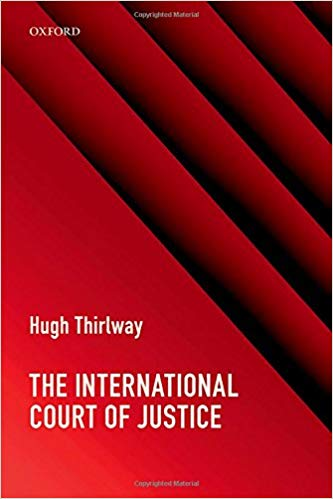
In recent years States have made more and more extensive use of the International Court of Justice for the judicial settlement of disputes. Despite being declared by the Court's Statute to have no binding force for States other than the parties to the case, its decisions have come to constitute a body of jurisprudence that is frequently invoked in other disputes, in international negotiation, and in academic writing. This jurisprudence, covering a wide range of aspects of international law, is the subject of considerable ongoing academic examination; it needs however to be seen against the background, and in the light, of the Court's structure, jurisdiction and operation, and the principles applied in these domains.
The purpose of this book is thus to provide an accessible and comprehensive study of this aspect of the Court, and in particular of its procedure, written by a scholar who has had unique opportunities of close observation of the Court in action. This distillation of direct experience and expertise makes it essential reading for all those who study, teach or practise international law.